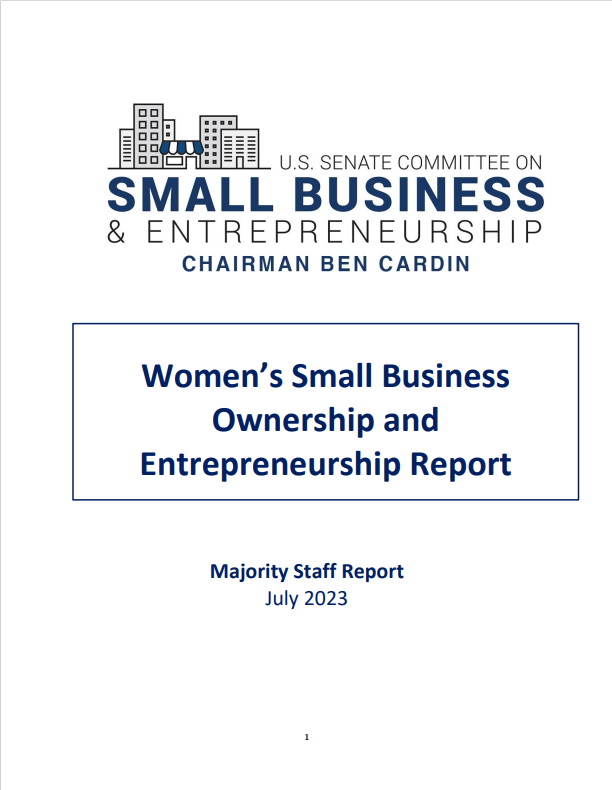- August 19, 2022Women-owned small businesses make up a significant proportion of all firms in the Los Angeles region with just over 20…
- August 5, 2021There were roughly 12 million women-owned businesses in 2017.* According to the 2019 Annual Business Survey, women employer businesses numbered…
- April 1, 2021Drawing on recent research, this issue brief – co-authored by the Aspen Institute Economic Opportunities Program, the Institute for the…
- March 29, 2021Women-owned firms made up only 19.9% of all firms that employed people in the United States in 2018 but their…
- March 17, 2021Economists have long been sounding the alarm that Black, Latinx, and female workers and small business owners are being hit…
- February 4, 2021The National Women’s Business Council (NWBC) released its 2020 #LetsTalkBusiness Roundtable Series Report, a collection of testimonials from women entrepreneurs…
- August 25, 2020Women-owned small businesses have been more heavily impacted by the coronavirus pandemic than male-owned small businesses, and they are less…
- May 19, 2020The U.S. Census Bureau released new estimates showing 1.1 million employer firms were owned by women and 1.0 million by…


